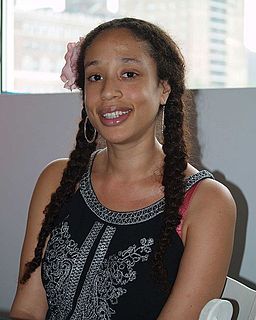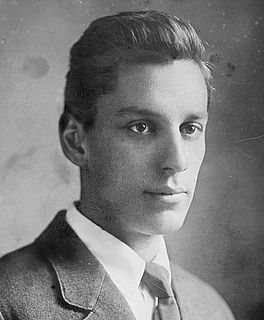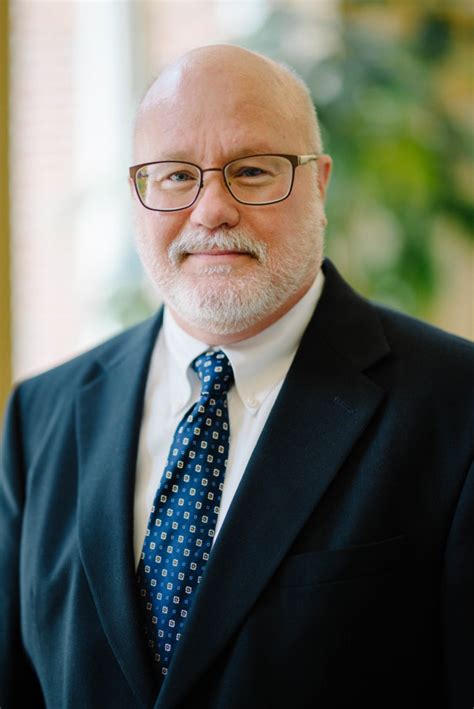A Quote by Murray Rothbard
The avoidance of explicit ethical judgments leads political scientists to one overriding implicit value judgment - that in favor of the political status quo as it happens to prevail in any given society.
Related Quotes
The very essence of political philosophy is the carving out of an ethical system - strictly, a subset of ethics dealing with political ethics. Ethics is the one rational discipline that demands the establishment of a rational set of value judgments; political ethics is that subset applying to matters of State.
My art gets called political, as opposed to my intending it to be political. I think that's something that happens with black artists or marginalized voices trying to speak truth. Because there are things in the status quo to speak out against, speaking out against them will inherently be political.
There are people with an explicit political bent complaining about people having political agendas while nominating stories with political agendas. Is it political to try to be diverse? Is it political to try to imagine a non-heteronormative society? Yes, because it involves politics. But how do they expect us to not write about our lives?
Climate change should not fundamentally be seen as a political or partisan issue, but it has been turned into a political football primarily by the climate deniers who have a vested interested in maintaining the status quo. That includes certain industrial interests, financial interests and political interests.
If you're a status quo writer, you're considered to not be political but that's as political as if you're a progressive writer. Some politics are asked to show their passports and others aren't. In the Dominican Republique, if you're slightly progressive, people have a lot of suspicions that you're up to some sort of conspiracy, that this is some sort of plot. On the other hand, if you're conservative and mainstream, people tend to take that as a given and don't notice the politics.
It's interesting that we assign the label 'political' to art that doesn't just fit a mould of status quo. Is 'Downton Abbey' not political? That's political! Every piece of art offers a perspective on the world. And what is politics if not a perspective on the world? 'Downton Abbey' is about class. It's also about race.
Individualism is at once an ethical-psychological concept and an ethical-political one. As an ethical-psychological concept, individualism holds that a human being should think and judge independently, respecting nothing more than the sovereignty of his or her mind; thus, it is intimately connected with the concept of autonomy. As an ethical-political concept, individualism upholds the supremacy of individual rights
The American founders, when framing their governments, looked to the Bible for insights into human nature, civic virtue, social order, political authority and other concepts essential to the establishment of a political society. They saw in Scripture political and legal models - such as republicanism, separation of powers, and due process of law - that they believed enjoyed divine favor and were worthy of emulation in their polities.



































